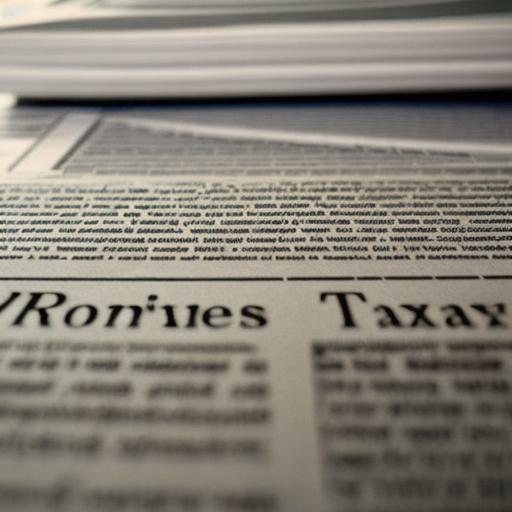Marketing services have become increasingly important for businesses of all sizes, but what happens when it comes to taxation? In New Jersey, marketing services are considered taxable by the state, but there are certain exemptions that businesses should be aware of. In this article, we will explore the guidelines and exemptions surrounding taxation of marketing services in New Jersey.
Guidelines for Taxing Marketing Services in New Jersey
Marketing services include a wide range of activities, such as market research, advertising, public relations, and more. These services are typically provided by marketing firms or consultants, who charge clients for their expertise. In New Jersey, these services are considered taxable under the state’s Sales and Use Tax Act.
The act defines "taxable sales" as any transaction that involves the sale of goods or services for consideration. Marketing services fall under this definition, which means they are subject to taxation. The rate of tax varies depending on the type of service provided. For example, market research services are taxed at a rate of 6%, while advertising and public relations services are taxed at a rate of 7%.
Exemptions for Taxing Marketing Services in New Jersey

While marketing services are generally considered taxable in New Jersey, there are certain exemptions that businesses should be aware of. These exemptions include:
- Small Business Exemption: This exemption applies to small businesses with an annual gross receipts of $5 million or less. Marketing services provided by these businesses are exempt from taxation if they meet certain criteria, such as being performed in-house and not charged separately to customers.
- Professional Services Exemption: This exemption applies to certain professional services, including legal, medical, and accounting services. Marketing services provided by professionals in these fields are exempt from taxation if they are part of their regular business operations and are not charged separately to customers.
- Non-Taxable Transactions: Certain transactions involving marketing services are not subject to taxation, such as those between businesses that are members of the same organization or those that are considered non-taxable under the state’s Sales and Use Tax Act.
Case Study: A Marketing Firm in New Jersey
Let’s take a look at an example of a marketing firm operating in New Jersey. XYZ Marketing provides advertising services to small businesses throughout the state. The company charges its clients a flat fee for its services, which includes research, strategy development, and execution of advertising campaigns.
As a marketing service provider, XYZ Marketing is subject to taxation under New Jersey’s Sales and Use Tax Act. However, because it meets the criteria for the small business exemption, its services are exempt from taxation. This means that businesses using XYZ Marketing’s services do not have to pay additional taxes on top of their existing fees.
Final Thoughts
Marketing services are an important part of many businesses’ operations, but they also come with tax implications. Understanding the guidelines and exemptions surrounding taxation in New Jersey is crucial for any business looking to provide marketing services or use them as part of their operations. By staying informed about these rules and regulations, businesses can ensure that they are following the law while still providing high-quality services to their clients.
